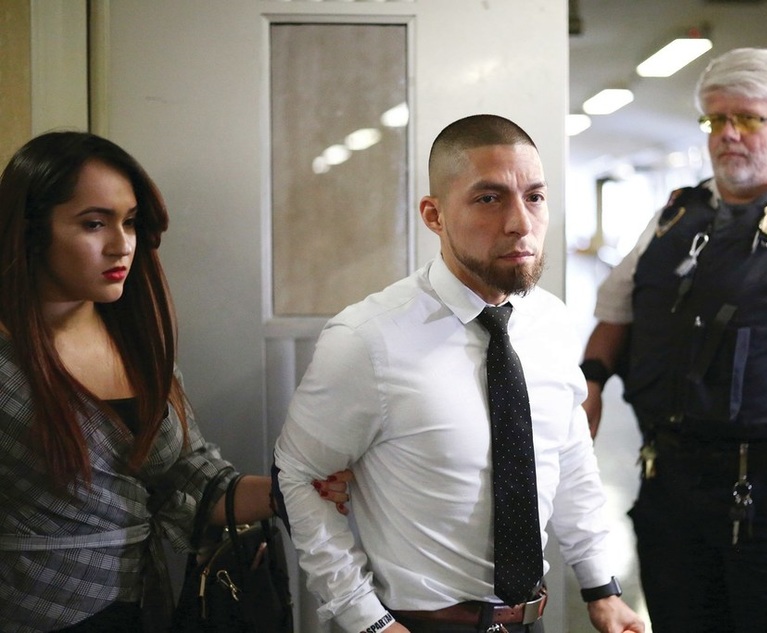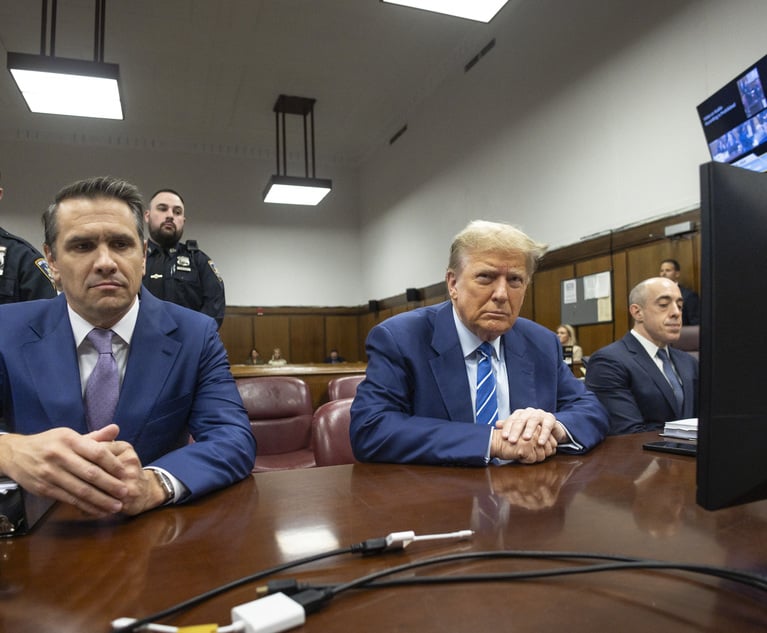The failure of some prosecutors to faithfully execute their enormous power is by now a familiar reality. Prosecutors who violate the rules can bring terrible consequences. The lives of people accused of crime, and their families, can be destroyed forever, especially when the prosecutor’s misconduct sends an innocent person to prison for the rest of their life. People with upstanding reputations can find those reputations ruined by an overzealous prosecutor. And prosecutors who break the rules shatter the public’s perception that criminal proceedings are fair and produce just results. Most shockingly, prosecutors who break the rules and cause untold harm are almost never held accountable for their shameful conduct. Indeed, they even get promoted. A New York Times editorial characterized New York state’s system that fails to discipline bad prosecutors a “prosecutor-protection racket.” (“How Can You Destroy a Person’s Life and Get a Slap on the Wrist,” Dec. 2, 2021).
It is indisputable that year after year misconduct by prosecutors continues unabated. And it is pervasive. Hundreds of criminal convictions are tainted by the misconduct of errant prosecutors and many of these convictions are reversed. One of the most egregious kinds of misconduct by prosecutors is to hide evidence that may exculpate a defendant. The prosecutor alone gathers and processes all the evidence in a case and the police are always first at a crime scene. Some of the evidence that is uncovered may be incriminating and some may be favorable to the defendant and might actually show innocence. But the defendant and defense counsel know nothing about this evidence. And since it is the prosecutor who decides what evidence to use at trial to get a conviction, the prosecutor has the power to conceal evidence not used that may exonerate the defendant but as to which the defense remains unaware.


 Former New York City Police Department Detective Joseph Franco, center, leaves Manhattan Supreme Court in New York, April 24, 2019. The former New York City narcotics detective went on trial Thursday, Jan. 19, 2023, on charges that he lied about witnessing drug deals…allegations that prompted the dismissals of hundreds of drug convictions. (Alec Tabak via AP, File)
Former New York City Police Department Detective Joseph Franco, center, leaves Manhattan Supreme Court in New York, April 24, 2019. The former New York City narcotics detective went on trial Thursday, Jan. 19, 2023, on charges that he lied about witnessing drug deals…allegations that prompted the dismissals of hundreds of drug convictions. (Alec Tabak via AP, File)




